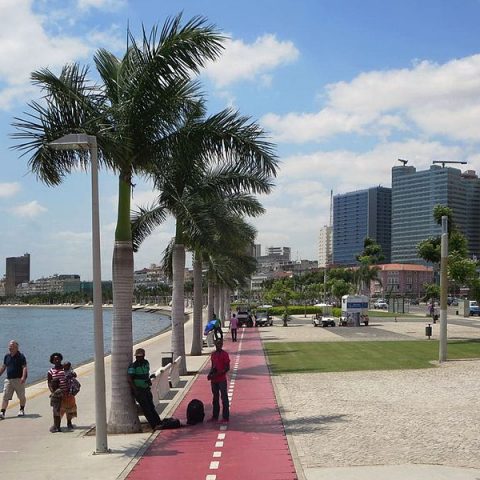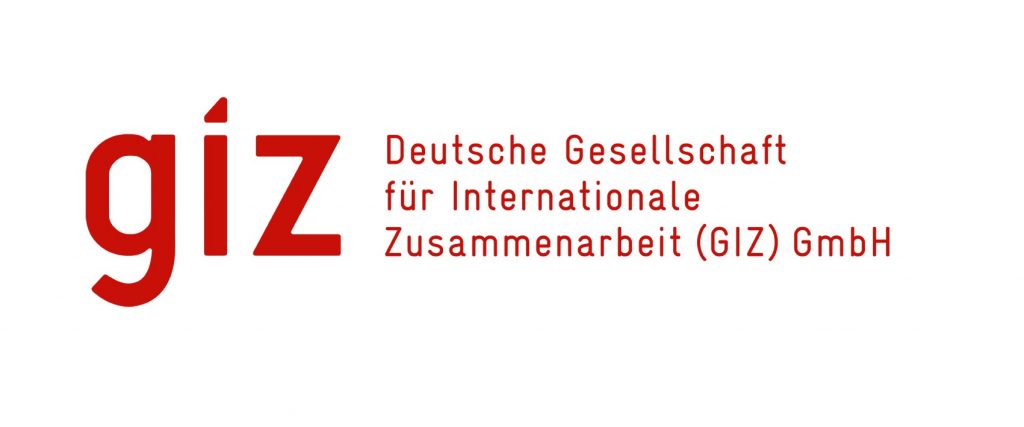At the continental and regional level, many developments have been taking place in Africa around asset recovery. Not least of these is the recent development of the “Common African Position on Asset Recovery (CAPAR)” at the African Union. Many countries in East and Southern Africa have also been making efforts domestically to build more efficient asset recovery frameworks and increase their capacity to identify, seize and return stolen assets.
New laws on asset recovery, anti-money laundering and mutual legal assistance are being enacted and new dedicated agencies formed at the national level. While progress is being made, in some instances this has been slow and challenging however, with reform stalling and governments struggling to both find solutions to manage the growing number of recovered assets and to implement new laws. Nevertheless, momentum is increasing and can be built on. In this, engaging in regional initiatives and using progress made elsewhere are promising routes towards reform.

Within this, the role of civil society organisations (CSOs) in ensuring that asset recovery processes are more transparent and accountable has also significantly grown in the past years. While previously it was often CSOs in the Global North who took the lead on large-scale corruption cases, more and more civil society groups from the Global South have begun working on cases stemming from their own countries and have been engaging globally in discussions on illicit financial flows and asset recovery. While the topic of asset recovery is new for many CSOs, the political momentum for asset recovery advancement described above in different countries in the region can and should be used by CSOs to step up and contribute in making asset recovery more transparent and accountable.
Project objectives
With this project, we want to build on CiFAR’s previous and current engagement in Kenya and in East and Southern Africa, especially on the knowledge produced and partnerships built through the projects “Supporting CSOs in East and Southern Africa to tackle illicit financial flows” conducted between May-September 2021 and December 2021-March 2022.
The long-term objective of this project is to Increase the efficiency, transparency and accountability of asset recovery in Eastern and Southern Africa.
Following CiFAR’s strategic priorities and capacity building methodological framework, the specific objectives of this project are to:
- Increase the efficiency and transparency of asset recovery frameworks in Kenya
- Strengthen network and mutual learning opportunities of CSOs in East and Southern Africa to engage with asset recovery
- Increase the engagement of CSOs in Eastern and Southern Africa with regional anti-corruption and asset recovery bodies, tools and networks
Activities
1. Asset recovery in Kenya
Our efforts in this area are focussed on advancing asset recovery in Kenya as a key country in Sub-Saharan Africa able to drive progress and influence the actions of its neighbouring countries.
Our focus is on areas of asset recovery policy where there is scope for both change and for this change to have a meaningful impact in how asset recovery is addressed in Kenya. This is being carried out in collaboration with Kenyan CSO partners, with part of the aim to build capacity and closer working relationships with them on asset recovery.
2. Regional level
Our activities at the regional level are aimed at strengthening the regional capacity and profile of CSOs working on asset recovery across Eastern and Southern Africa.
This work includes support for engagement with and participation of partners in regional and international CSO forums and support for engagement with regional bodies and initiatives.
Project timeframe:
September 2022 – March 2024
Supported by:



